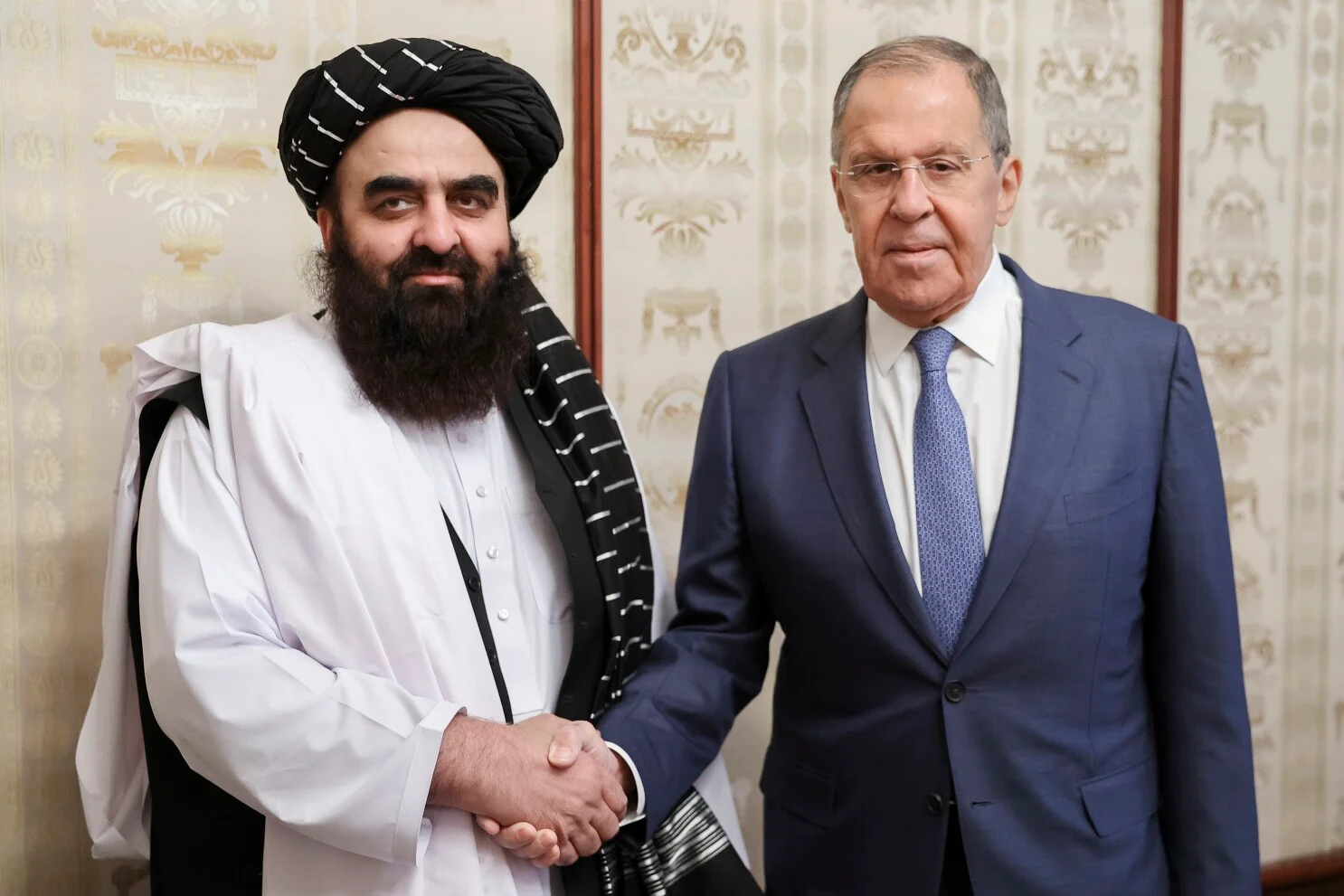
In a major geopolitical development, Russia has officially recognized the Taliban-led government in Afghanistan — a move that could have far-reaching consequences across the region and beyond. The article “Russia Recognizes Taliban Government” by Lea Watch News delves into the motives behind Moscow’s decision and its potential impact on global diplomacy.
While most Western nations continue to withhold recognition, Russia has chosen a different path — one driven by pragmatism, strategic interests, and regional security concerns. As noted by Lea Watch News, Russia’s decision is not necessarily an endorsement of Taliban ideology, but rather a calculated step to secure its southern flank, curb extremist spillover, and reassert influence in Central Asia.
The move also reflects Russia’s shifting alliances in a post-U.S. Afghanistan. By engaging the Taliban, Moscow seeks to fill the vacuum left by NATO withdrawal, open trade channels, and gain leverage over transnational issues like drug trafficking and terrorism. For the Taliban, this recognition lends a degree of legitimacy it has long sought and could encourage other nations — particularly in Asia — to follow suit.
However, the decision is not without risks. Critics warn that formal ties with a regime known for human rights violations, especially concerning women and minorities, could damage Russia’s global image. Moreover, instability within Afghanistan may still pose challenges to any long-term partnership.
Lea Watch News points out that this recognition could trigger a domino effect, forcing global powers to rethink their own policies toward the Taliban. It’s a diplomatic gamble — one that could either stabilize a volatile region or further entrench authoritarian rule.
In the end, Russia’s recognition signals a significant shift in how the world might deal with Afghanistan moving forward — through engagement rather than isolation.